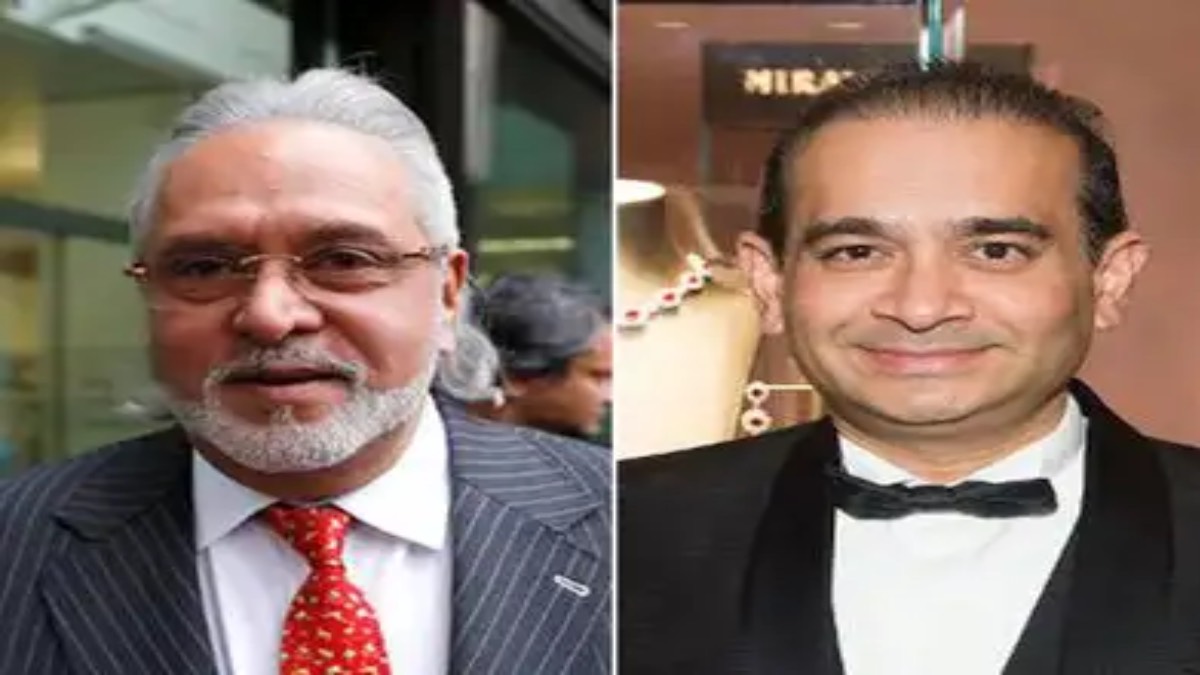A team from the UK’s Crown Prosecution Service (CPS) toured Delhi’s Tihar Jail last July to evaluate its conditions, aiming to support India’s efforts to extradite prominent economic offenders like Vijay Mallya and Nirav Modi. Senior officials confirmed that the visit, coordinated by the Ministry of Home Affairs (MHA), could provide crucial assurances to UK courts handling these high-stakes cases.
Positive Feedback on Prison Standards
Officials reported that the CPS delegation, consisting of two experts and two British High Commission representatives, was largely impressed with the jail’s facilities, including high-security areas, which they deemed comparable to international norms. The team inspected these wards and even spoke with some inmates during their assessment.
A senior officer involved noted that Indian authorities offered to create a special “enclave” within Tihar if needed, to meet the specific requirements of extradited individuals and ensure their safety from any threats. This gesture was part of broader discussions with MHA, Ministry of External Affairs, investigating agencies, and Tihar officials on extradition processes and CPS legal standards.
Addressing Court Concerns
The inspection comes amid challenges in UK courts, where fugitives like arms dealer Sanjay Bhandari, diamantaire Nirav Modi, and others have claimed they would face risks of extortion, torture, or violence if sent to Tihar. These arguments led to setbacks for India, including a February ruling by the UK High Court denying Bhandari’s extradition due to prison condition worries, with no appeal allowed.
In April, Westminster Magistrates’ Court discharged fraud accused Virkaran Awasty and his wife Ritika Awasty on similar grounds, citing the Bhandari case and the lack of guarantees against mistreatment. Chief Magistrate Paul Goldspring emphasized that without assurances excluding Tihar or addressing those issues, the risks remained too high.
India’s Response and Broader Context
These decisions prompted CPS to request sovereign guarantees from India, ensuring compliance with Article 3 of the European Convention on Human Rights, which bans torture or inhuman treatment. As Hindustan Times (HT) reported exclusively in June, India provided such assurances for the Awastys, promising no interrogation upon extradition.
Government data shows 178 pending extradition requests worldwide, with about 20 directed at the UK. Key figures include Mallya, Modi, Iqbal Mirchi’s family members Hajra Memon, Asiq Iqbal Memon, and Junaid Iqbal Memon, plus several UK-based Khalistani leaders.
Three senior officials confirmed the visit to HT, though queries to the CPS press office in London and the British High Commission in Delhi went unanswered. The positive inspection outcome is expected to strengthen India’s position in ongoing extradition battles.
